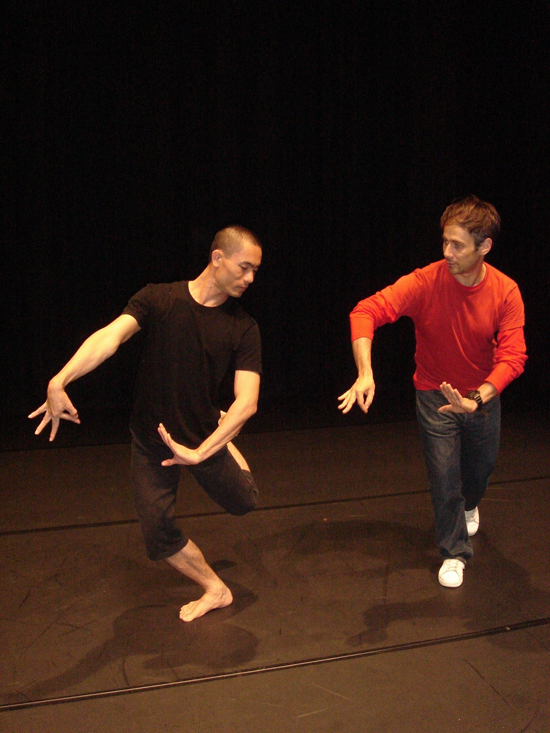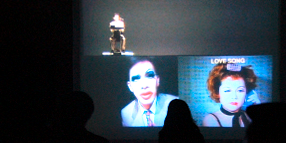
In my paper, I would like to look at dance as an art form within the context of intercultural encounters. Discourses on dance often betray an underlying assumption that dance is universal and can be understood by anyone, everywhere - dance as a global player! But even just a cursory glance at the history and the diversity of forms in different cultures reveals that dance performs culturally specific, regional, and local conceptions of the body, of interaction, and of rhythmic staging. On the one hand, dance performances invite (kinesthetic) identification and an inclusive participation; on the other, they can also induce experiences of difference, exclusion, or transgression. What experience, what specific knowledge is embodied in dance, dance techniques, and choreographic performances? To what extent does this describe a "knowledge of the human being" that can be portrayed only performatively - through body movements, interactions, and space-time-models?

 This paper discusses the idea of new media dramaturgy in connection to dumb type performances and outlines some of the notions that apply to the concept of interweaving performance cultures and new media. In this context, it explores dumb type's pioneering suite of multimedia performances pH, S/N, OR and Memorandum as the basis for an emergent transformation in performance towards the development of new forms.
This paper discusses the idea of new media dramaturgy in connection to dumb type performances and outlines some of the notions that apply to the concept of interweaving performance cultures and new media. In this context, it explores dumb type's pioneering suite of multimedia performances pH, S/N, OR and Memorandum as the basis for an emergent transformation in performance towards the development of new forms. 









